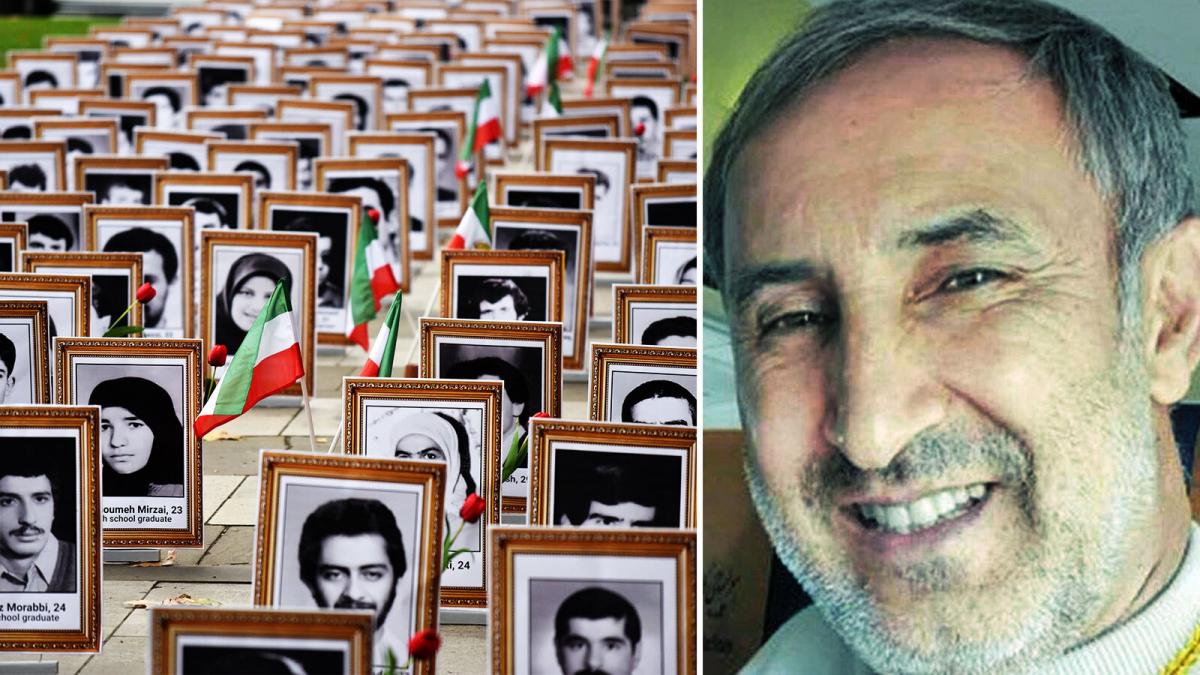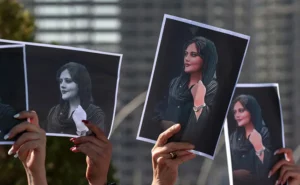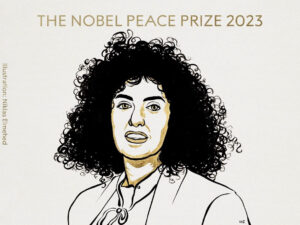On August 10, a landmark trial opened in Sweden, as Hamid Nouri, a sixty-year-old former prosecutor from Iran, went on trial for his alleged role in the 1988 mass political prisoner executions. According to the indictment, Nouri, who has been detained since November 2019, stands accused of “intentionally killing, together with other perpetrators, a large number of prisoners who sympathized with various left-wing groups and who were regarded as apostates” as well as “crimes against humanity.” The historic trial will see the 1988 executions, referred to by the deputy Ayatollah Montazeri at the time as “the biggest crime in the Islamic Republic,” substantially investigated and exposed in a court of law for the first time in history.
On July 24, 1988, the largest armed opposition group in Iran, the Mojahedin-e Khalq Organization (MKO or MEK), or more specifically the Iraqi “National Liberation Army” attacked Iran hoping to overthrow the regime. When Iran held off the invaders, they arrested and subsequently executed thousands of political prisoners, many of whom were members of leftist groups unaffiliated with the MEK. Prisoners were asked questions about their religiosity in order to see which one’s could be deemed as apostates and subsequently executed. While the Iranian Committee for the Defence of Human Rights in Iran has recorded the names of 4,672 individuals killed during the mass prisoner killings in 1988, some political defectors have asserted that the number could be as high as 33,000, most of whom were either high school or college students or fresh graduates, and over 10% of whom were women.
According to survivors, President Ebrahim Raisi, then Tehran Deputy Prosecutor, participated in meetings to determine the fate of the detainees, along with three other Iranian officials. While all four were sent letters from Ayatollah Montazeri discussing the mass executions, as well as a released audio file with their voices discussing the issue, allegations of President Raisi’s involvement in the 1988 mass executions do not appear to be part of this Swedish trial.
Sweden has the ability to prosecute Nouri because the country’s laws recognize universal jurisdiction over certain serious crimes under international law, which entails the investigation and prosecution of certain crimes no matter where they were committed and regardless of the nationality of the suspects or victims. According to Iraj Mesdaghi, a former political prisoner who has been instrumental in bringing Nouri to justice, the Swedish police have dedicated significant resources to the investigation and prosecution of Nouri’s crimes, despite obstacles created by the MEK itself, including the group’s refusal to allow its members to testify and filing of a suit against Mesdaghi himself.
NIAC joins hundreds of academics, authors, and human rights organizations in supporting the quest for justice and accountability via Nouri’s trial. Universal jurisdiction cases have become essential to holding the executants of reprehensible crimes against humanity accountable, and the murders of potentially 33,000 prisoners certainly qualify as such. The international community must hold all human rights abusers accountable and not allow authorities to erase and conceal the indelible black mark these executions have left in the history books. Only by holding those complicit in human rights abuses accountable can the international community begin to seek justice for the prisoners executed and their families.
Back to top

